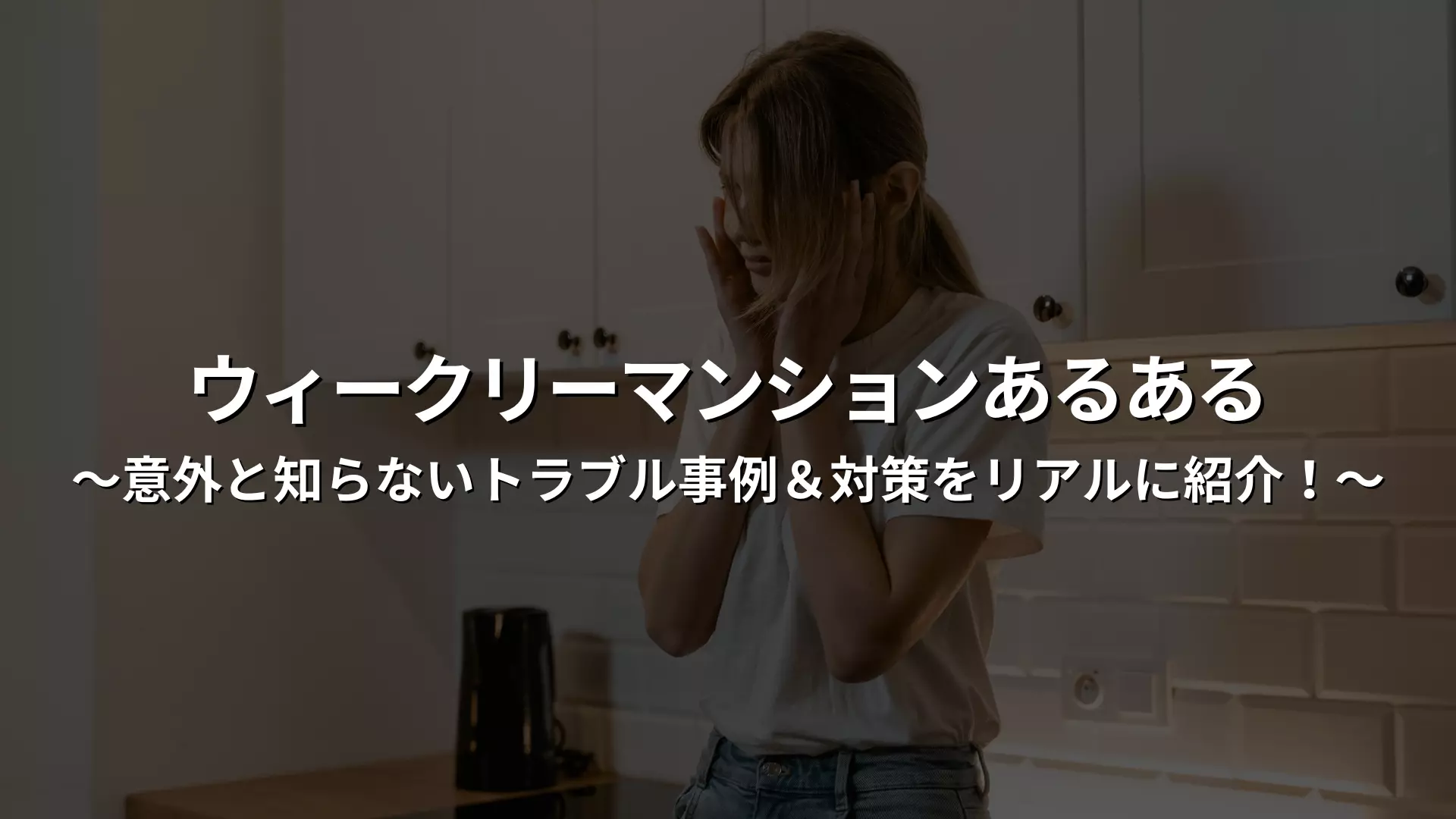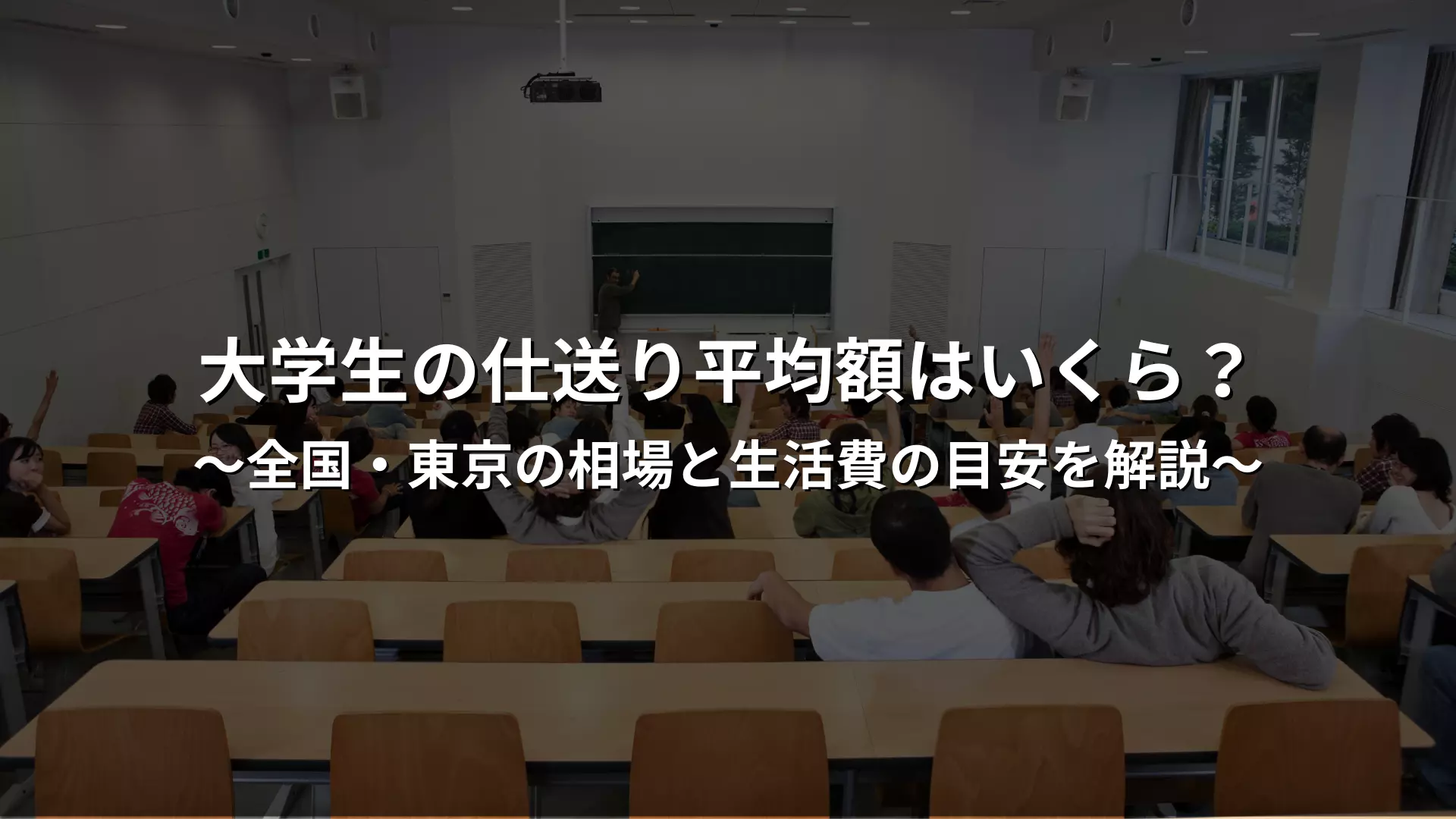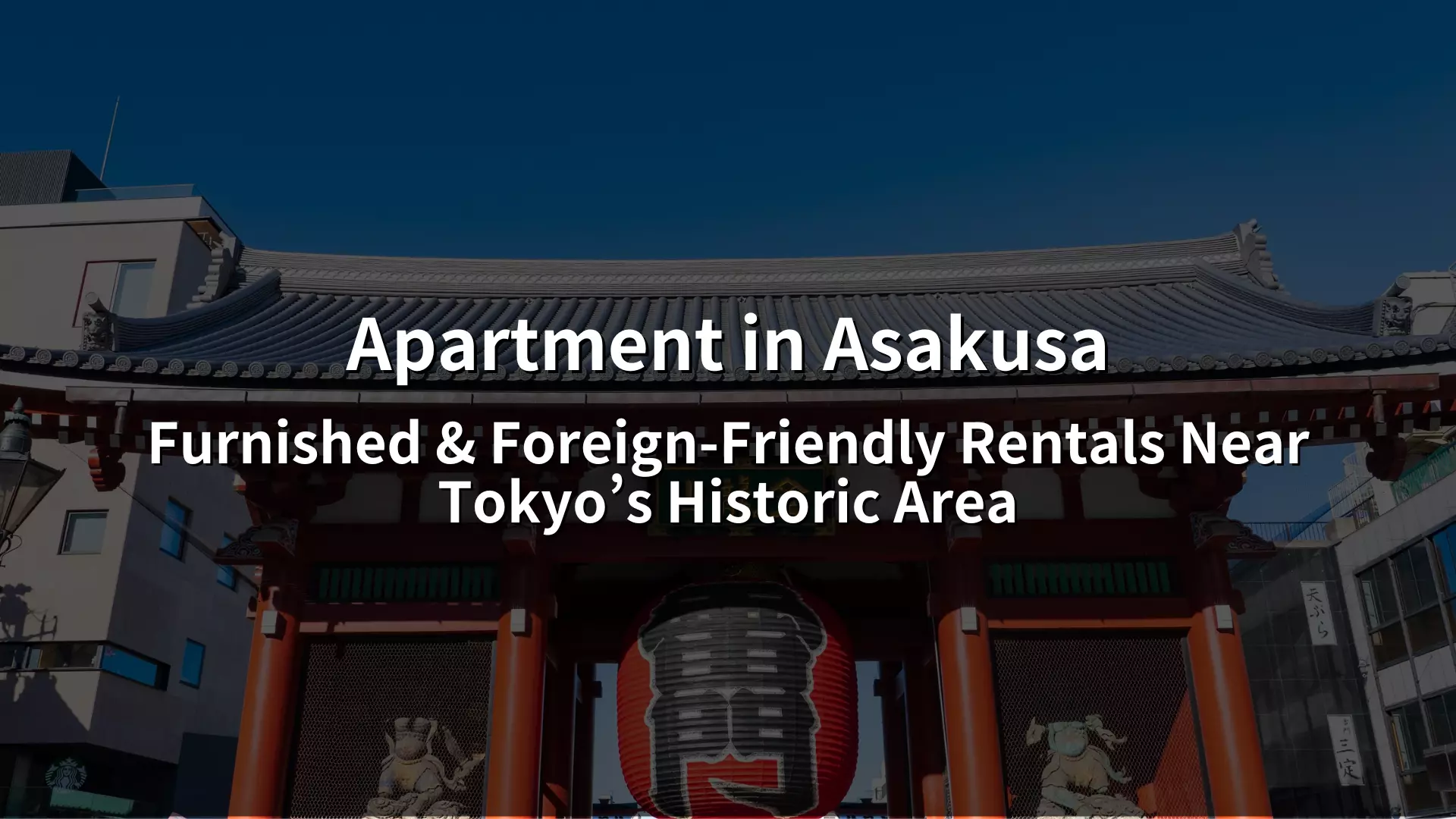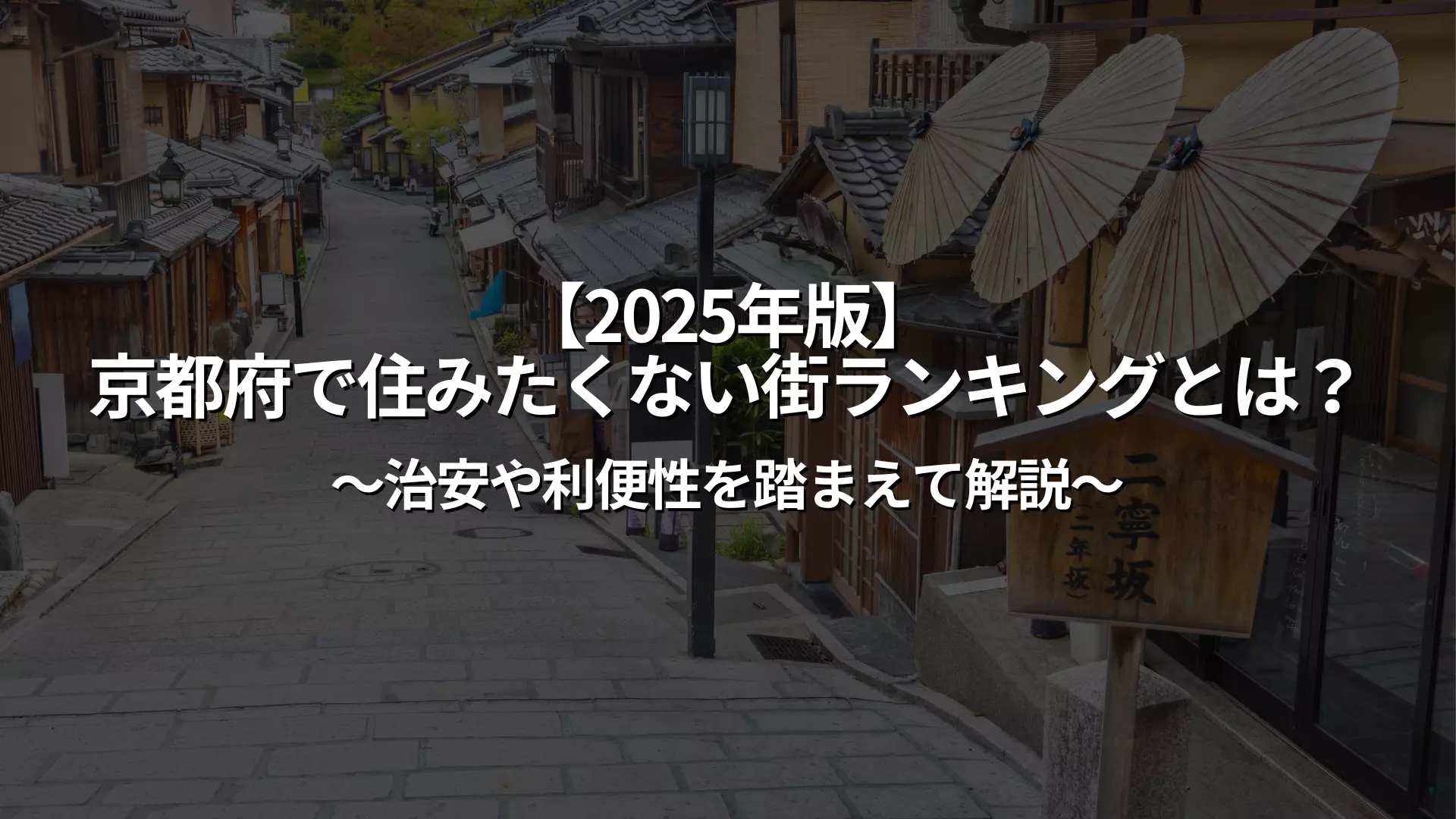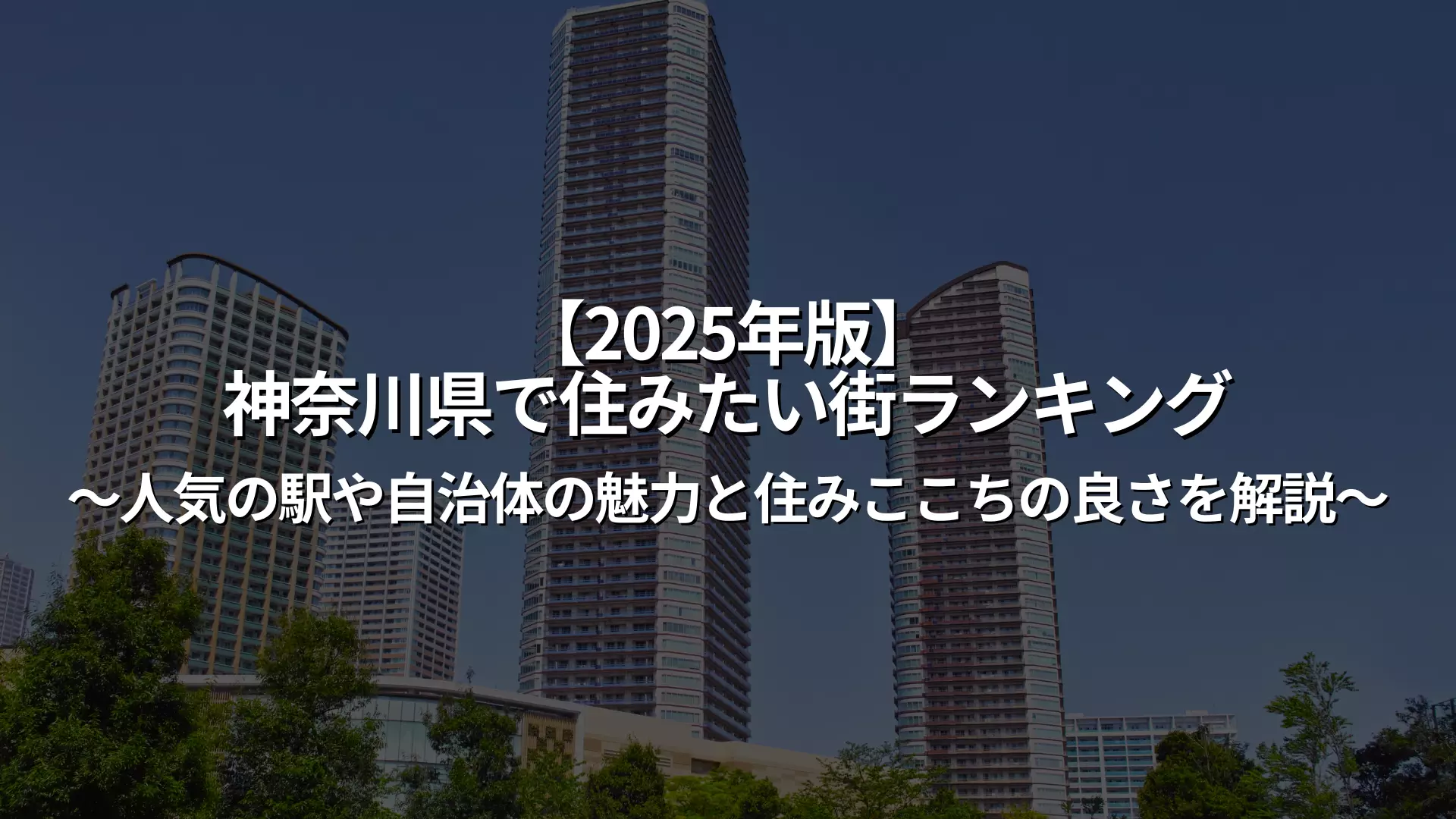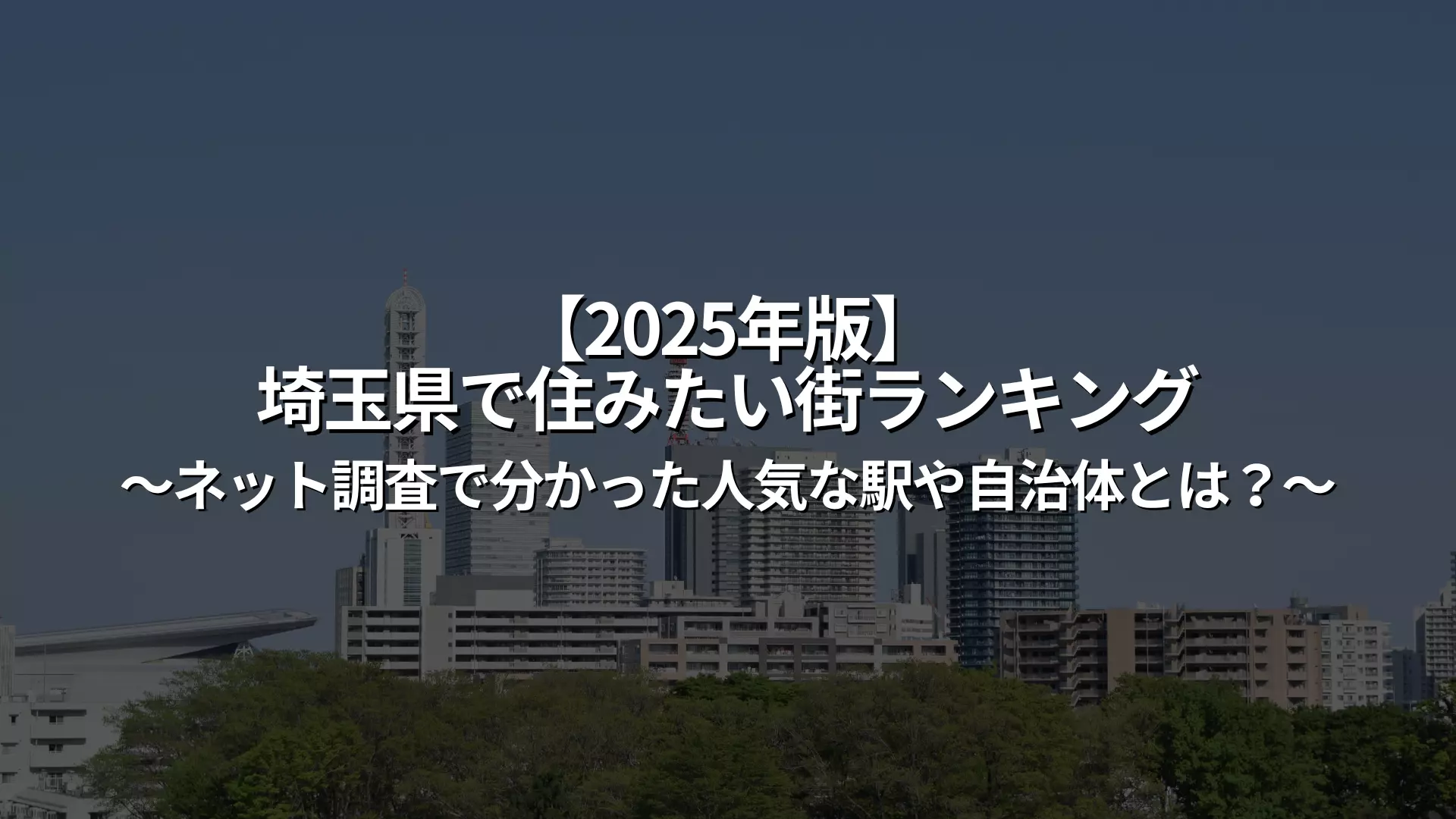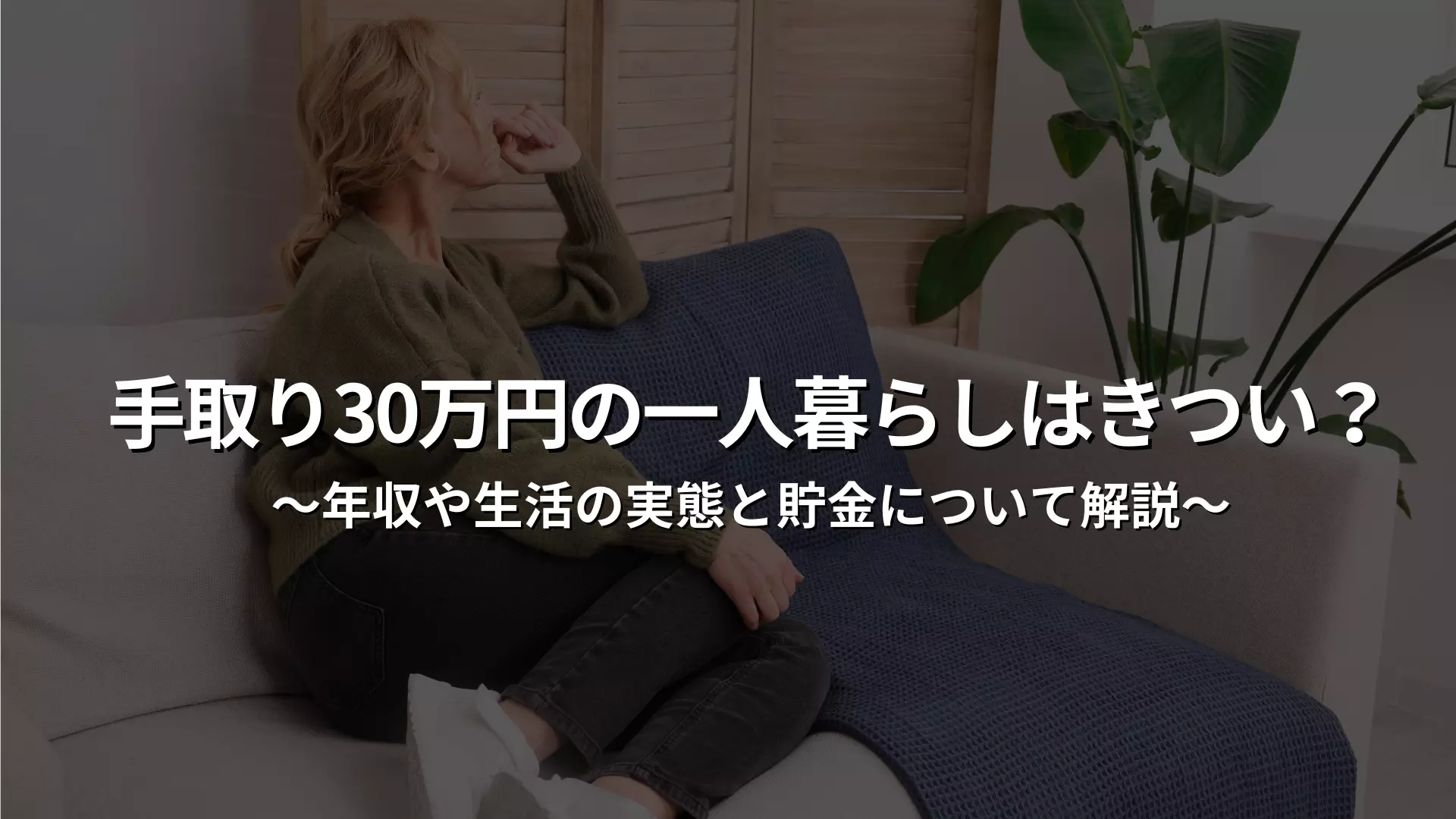Common problems with keys and security
Problems with keys and security are particularly common at weekly apartments. By checking the rules for key handling and emergency contact information when you check in, you can prevent these types of problems from occurring. This is something that first-time users of weekly apartments should be especially aware of. Here are some examples.
I forgot to take my key with me! I can't get back to my room after going out...
A common problem with weekly apartments is forgetting to take your keys with you.
It is not uncommon for people to go out to take out the trash or do a little shopping, only to have the auto-lock system activate and be unable to return to their room. Especially for short-term stays where people live alone, they may leave their smartphone or wallet in the room and be unable to contact the management company.
To avoid trouble, it is important to always keep your keys with you and write down emergency contact details when you check in.
Lost your keys? Reissuing them can be expensive.
If you lose your key to a weekly apartment, it may cost anywhere from a few thousand yen to over 10,000 yen to reissue the key. Furthermore, depending on the type of key, you may need to replace the cylinder, which can cost tens of thousands of yen.
Even if you are staying for a short period of time, you are responsible for managing your keys. When signing the contract, be sure to check the details of what to do if you lose your keys and who will be responsible for the costs. It is also effective to use a key holder or neck strap to prevent losing your keys when you go out.
Beware of cases where you get locked out by the auto-lock
While weekly apartments with auto-locks offer high security, there are frequent cases of people being locked out. If you leave your key inside the room and go outside, the door will automatically lock, so you need to be careful.
Be especially careful right after checking in or at the beginning of your stay when you are not familiar with the area. Some buildings offer spare keys or emergency response services, but these may require time and fees. It is a good idea to check in advance.
Common problems with facilities and equipment
Weekly apartments are convenient because they come with furniture and appliances, but they also come with problems with the facilities and equipment. It is important to check that the facilities are working when you move in, and to contact the management company immediately if there is a malfunction. Checking reviews in advance is also effective in avoiding problems with the facilities.
Air conditioning doesn't work and is noisy
Problems that often occur in weekly apartments are poor air conditioning or strange noises. This can be especially stressful when staying in summer or winter. The cause is often a dirty or worn-out filter, so it's important to check before use.
If you hear any popping or rattling noises when using the unit, contact the management company as soon as possible. Running a test run immediately after checking in will make the initial response smoother.
The induction cooktop is not responding. I don't know how to use it.
It is common to be confused about how to operate an induction stove in a weekly apartment. If it does not respond, it may be because the pot is not induction compatible, the power is not turned on, or it is locked. Operation methods vary depending on the model, so be sure to check the instructions and manual that came with it.
Before using any equipment you are unfamiliar with, it is a good idea to perform a simple operational check.
Shower water pressure is weak/water leaks
Weak water pressure in the shower or a leak from the head will greatly reduce the comfort of your stay. Since plumbing issues are particularly common in older properties, it's important to check beforehand. If you notice any issues that concern you, consult with the real estate company immediately and ask them to make improvements. Another effective measure is to check the ratings of the plumbing in reviews before your stay.
Toilet or toilet seat malfunctions (not heating, etc.)
When it comes to toilets in weekly apartments, common problems include "the toilet seat doesn't heat up" and "the washlet doesn't work."
Especially in winter, it directly affects your comfort, so it's a good idea to check that it works on the first day. There may be simple causes such as the power being unplugged or the remote control running out of batteries, so if you can check it yourself, we recommend trying it out for yourself.
Search for a room
Only furnished properties with appliances are listed!
Noise and other troubles with neighbors
Noise and other neighborhood troubles are surprisingly common in weekly apartments. Because most of the residents are short-term residents, their lifestyles and manners vary, and there are frequent cases where people are bothered by things like nighttime voices, the sound of the TV, and footsteps.
In this chapter, we'll tell you about the problem.

Daily noise problems
The most common everyday noise problems are televisions and music from the next room, voices on the phone, footsteps, shower noises, etc. Compared to regular rental properties, weekly apartments have a higher turnover of tenants, and problems often arise when the rhythm of life and sense of sound do not match.
Noises, especially at night, can be stressful. If you are concerned about noises, you should first consult with the management company, who may be able to warn you. It is best to deal with the matter through a third party rather than forcing a direct warning.
Depending on the building structure, sound may easily reverberate.
The building structure of weekly apartments varies depending on the property, such as steel frame construction (S construction) or wood construction (W construction). This makes a big difference in how easily sound can echo. Wooden buildings and older buildings in particular have poor soundproofing, and the sounds of daily life from neighboring rooms and floors above and below can easily be heard.
It is a good idea to check the structure in advance and to check reviews to see if there are any mentions of noise being a problem. If you are sensitive to noise, choosing a property made of reinforced concrete (RC) will help you avoid making a mistake.
"It's not what I thought!" Actual experiences of the gap
We often hear real stories of failure when using weekly apartments: "It wasn't what I expected." In particular, if you sign a contract based only on photos and descriptions without being able to see the property in advance, there are many cases where you are surprised by the small size of the room and the quality of the facilities after actually moving in. To avoid this gap, it is important to check word-of-mouth and reviews.
Contract signed without viewing the property → The room was smaller and darker than expected
Due to the short-term nature of weekly apartments, it is not uncommon to sign a contract without viewing the property.
However, when people actually enter the property, they are often disappointed, saying things like, "It's smaller than the photos," or "It doesn't get much sunlight, so it's dim even during the day." This tendency is particularly noticeable in older properties and rooms on lower floors. If you can't view the property, be sure to check the actual size (number of tatami mats), direction, and reviews to get a realistic image of the property, which will help you avoid making a mistake.
The bedding and kitchen equipment are simpler than expected.
Even if an apartment is advertised as "furnished with appliances," in reality, it is often only equipped with the bare minimum, and many are disappointed with the quality of the futon and cooking utensils. The futon is thin and uncomfortable to sleep on, and the pots and pans in the kitchen are too small, leaving many people unsatisfied with the specifications they need to cook their own meals.
To ensure a comfortable stay, check the equipment list in advance and be prepared to bring or purchase additional items if necessary.
The photo and reality are so different... It's a common scam.
It is common for published photographs to look clearer and wider than they actually are due to professional wide-angle lenses and processing.
This "photo fraud" is also common in weekly apartments, with complaints such as "It looked clean, but it smelled moldy" or "It looked new, but it was actually run down."
The key to minimizing the gap is to choose a reliable operator and refer to Google Maps Street View and photo reviews from actual users.
Search for a room
Only furnished properties with appliances are listed!
Pitfalls surrounding contracts and usage rules
There are unique rules for using weekly apartments that differ from general rentals. There are many things to be aware of especially because it is a short-term contract, and many users are confused by the unexpected restrictions such as the inability to register their residence card, problems with refunds when canceling the contract midway, and restrictions on friends staying over.
Even if these are included in the explanation before signing the contract, it is often easy to overlook them in the fine print, so it is essential to check them in advance. In order to avoid any regrets, be sure to check the contract and terms of use carefully.
There are cases where you cannot register your residence certificate
Since weekly apartments are for short-term stays, there are many properties where you cannot transfer your residence registration. Even if you need to change your address due to employment, transfer, or relocation, you may not be able to register as a resident depending on the contract type or the management company's policy.
Since this may affect various procedures that require a residence certificate (such as license renewal and insurance enrollment), it is important to check whether or not you can register your residence certificate before signing a contract. Those considering long-term use should be especially careful.
Problems with not being able to cancel mid-contract and not being able to get a refund
Weekly apartments generally require a lump sum payment in advance, and may not be refunded even if you cancel mid-contract. Please be aware that there are cases where the terms and conditions state that you are not eligible for a refund, even if you have unavoidable circumstances such as a sudden transfer or poor health.
If you are unsure of the length of your stay, the key to avoiding mistakes is to check in advance the cancellation policy and whether or not pro rata payments are possible, and choose a property that offers flexible arrangements.
There may be arguments over the rule not to let friends stay over
You may think that it's okay to have a friend stay overnight, but some weekly apartments prohibit anyone other than the contract holder from staying overnight. In many cases, you must apply in advance, and if you are found to be staying overnight without permission, you may have to deal with problems or additional costs.
If you are deemed to have violated the rules, you may be at risk of being evicted or paying a penalty, so be careful. If you are planning on having a friend or partner visit, be sure to check with the management company in advance.
What to do if a problem occurs? The right solution
If you experience equipment problems or noise issues in a weekly apartment, it is important to respond calmly and appropriately. Especially with short-term contracts, the comfort of your stay can vary greatly depending on how quickly you respond to the problem.
Here are some ways to deal with problems if they occur.
First, contact the management company immediately! Make sure to keep a copy of their contact information
When problems occur, it is a rule of thumb to contact the management company immediately. In particular, if there is a malfunction of the equipment, loss of keys, or a problem with neighbors, do not try to resolve it yourself, but consult with the management company immediately.
Emergency contact information is often listed on the guidebook and contract you receive when you check in, so it's convenient to take a photo of it with your smartphone. It's also a good idea to check in advance whether the hotel will be available at night or on holidays.
Leaving evidence in the form of photos and videos will make future negotiations go more smoothly.
If any damage occurs to the equipment or a malfunction in the room, take photos or videos with your smartphone to keep as evidence. Keeping records is also very effective in avoiding any trouble regarding restoration costs when you move out or whether there were any damages.
In addition, by sending a picture to the management company when reporting the problem, you can ensure that they respond quickly and accurately and prevent unnecessary misunderstandings. It is especially important to respond quickly to problems immediately after check-in.
Check the "contact system" when signing the initial contract
The ability to deal with problems when they occur is a major factor that determines the comfort of the property. Before signing a contract, be sure to check whether there is a contact point, how to contact them (by phone, email, LINE, etc.), and the hours they are available.
Your sense of security can change greatly depending on whether the apartment is open 24 hours a day, whether it is closed on weekends and holidays, etc. For first-time users of weekly apartments in particular, the first step to avoiding trouble is to check the contact system in case of an emergency.
Search for a room
Only furnished properties with appliances are listed!
summary
While weekly apartments offer a convenient and flexible style of stay, there are also many issues with regard to locks, facilities, noise, and contracts. First-time users in particular tend to sign a contract without being able to see the property, and to overlook rules specific to short-term stays. Many of the "common issues" introduced in this article can be avoided with advance confirmation and a little caution. By carefully checking the contract details and reviews, and taking precautions such as writing down contact information, you can ensure a comfortable stay with peace of mind.

